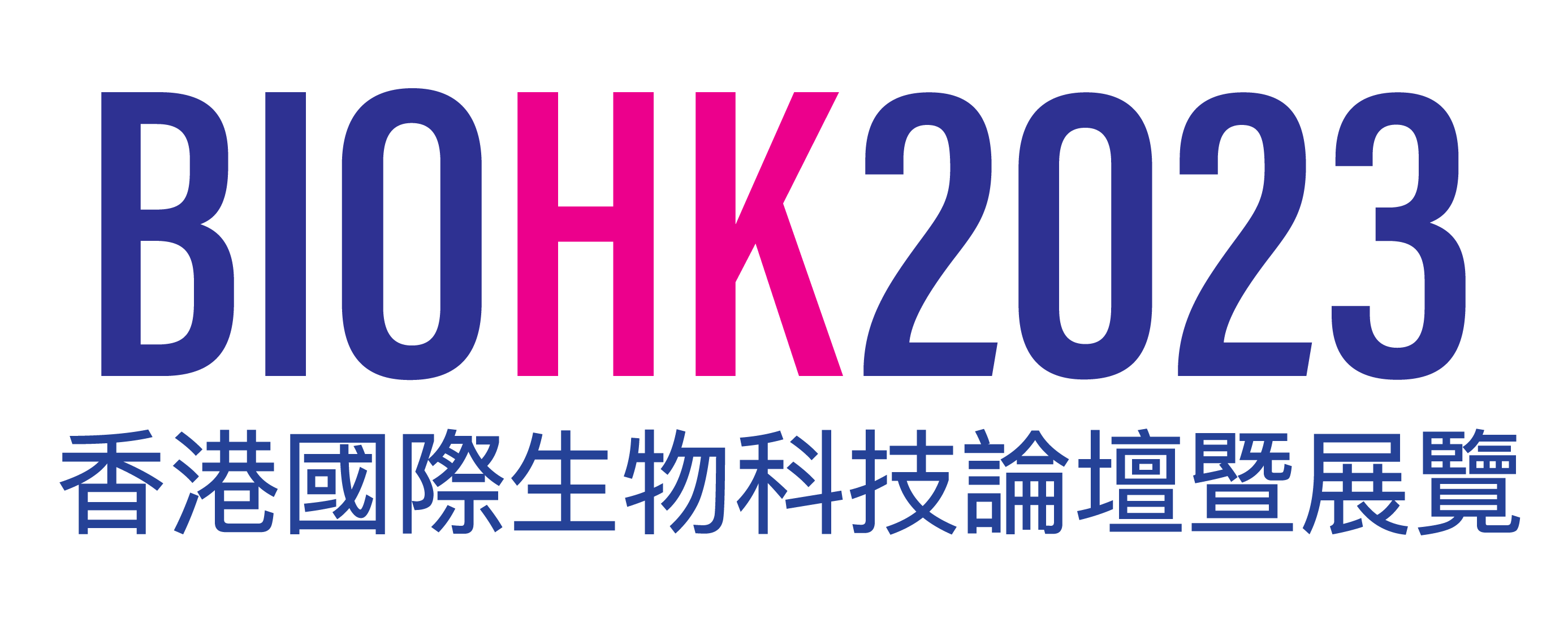Dr. Mao Mao
- Founder & Chief Executive Officer, SeekIn and TwixBio
Dr. Mao Mao is Founder and Chief Executive Officer of SeekIn and TwixBio. He is Adjunct Professor of several universities in Asia. He was Chief Scientific Officer of BGI Genomics responsible for R&D pipeline and oncology business. He was Senior Vice President of Translational Bioscience and Diagnostics responsible for in vitro diagnostics (IVD) product development and clinical lab service at WuXi AppTec. He was President of Asian Cancer Research Group (ACRG), a not-for-profit pharmaceutical industry consortium established jointly by Eli Lilly, Merck and Pfizer to accelerate research and ultimately improve treatment for patients affected with the most commonly diagnosed cancers in Asia. As one of the most senior scientists in Pfizer, he led biomarker and molecular diagnostics efforts at Oncology Research Unit. He managed a lab conducting GCLP-compliant clinical assays and diagnostics research to support Pfizer oncology clinical trials and companion diagnostics. He also worked with the academic and industry partners to generate large scale cancer genomics data. He was Director of Molecular Profiling & Pharmacogenomics at Merck Research Laboratories. He worked on biomarker discovery and coordinating extensive collaborations with academic institutions and industry partners to promote personalized cancer therapy in Asia Pacific region. During his early years with Rosetta/Merck, he made significant contributions to the Ink Jet DNA microarray technology development and subsequent applications. He was one of the inventors of the breast cancer prognosis test (MammaPrint) for the 70 genes identified from the study with his colleagues at Rosetta and the Netherlands Cancer Institute, which became the world’s first In Vitro Diagnostic Multivariate Index Assay (IVDMIA) to acquire market clearance from the US FDA in 2007. Prior to Rosetta, he was the youngest Associate Professor at Shanghai Second Medical University. As one of the founding members of the National Human Genome Center in Shanghai, he established the first high-throughput DNA sequencing facility and pioneered genome research in China. He was the principal investigator of two National Key Programs of the 9th Five Year Plan in China. He did his doctoral research in studying the mechanism of acute promyelocytic leukemia (APL) differentiation therapy at Shanghai Institute of Hematology under the supervision of Professors Zhu Chen and Zhenyi Wang. During his doctoral study he identified RIG-E, a gene induced by retinoid acid during leukemic cell differentiation, which was recognized as the first novel human gene cloned at a laboratory in China. He also practiced as obstetrician/gynecologist and genetic consultant. He published 100+ articles in the peer-reviewed journals including Nature, Cell, Nature Genetics, Nature Biotechnology and PNAS, and chapters of two books. He is a strong advocate of advancing equitable cancer care through innovation.


